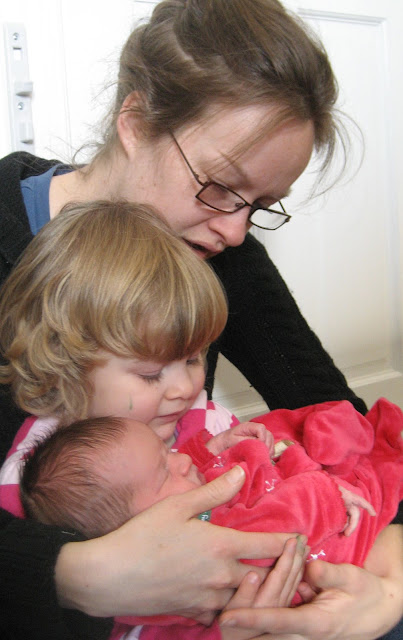Be Thankful
I've often wondered why it's so easy to pick up a bad habit or word and so hard to learn and exercise a good one.
One of our sons demonstrated this sad principle when he was three; he was sitting on the couch in our living room with a newspaper spread over his lap. Turning a page, he said to no one in particular, "What the hell?" Like many in our faith tradition, my husband and I were at a young age impressed not to use the word hell except when referring to the biblical place of torment; that reference is usually reserved for conversation or teaching in church (according to our tradition, of course). Hearing "what the hell" from that three-year-old's mouth, I stifled a laugh and asked him not to use the phrase in that way--especially since he didn't even yet know what or where hell is.
A few days later I received a call from a neighbor where the same three year old was playing. "You'll never believe what your child just said." I thought but didn't say that I probably would believe it. "I was trying to find something," she explained. "I said aloud, "What the--" and your son immediately suggested, 'hell'?"
So why is it that it takes no effort to learn a swear word and apply it skillfully when up to 18 years are need to say "thanks" without being reminded?
My parents used to bug me about thank you notes. "Aren't you grateful?!" my dad asked me weeks after I had received a significant gift from a relative. I protested that, of course, I was very grateful and wondered what "being" grateful had to do with writing a thank you note. "OK, then, what does it mean to be grateful?" he asked.
I've remembered his question often over the years.
Gratitude isn't just a feeling of course but knowledge that must find expression to be complete. I think the difficulty for me, especially when the gift is beyond what I could possibly return--and there have been so many gifts throughout my life-- is that saying or writing, "thank you, you were so kind, I so appreciate what you did for me..." doesn't seem to be enough. As a result, I've at times become annoyingly effusive, relaying that I don't deserve what I've received. Or I've made great effort to feel worthy. This is probably not gratitude.
Years ago the NIV translation gave me something to think about in terms of "giving thanks:"
He who sacrifices thank offering honors me,
and he prepares the way
so that I may show him the salvation of God. (Psalm 50:23)
The dictionary suggests that giving thanks is an acknowledgement--"the acceptance of the truth or existence of something; of indebtedness."
Maybe expressing gratitude is simply a way of telling the truth about myself; yes, I am indebted. Maybe I didn't deserve the gift for which I am grateful. But acknowledging that truth in some way may do me more good than whatever it was I received.
Writing thank you notes is one of those good habits which will probably take a lifetime to learn to do well.



Comments